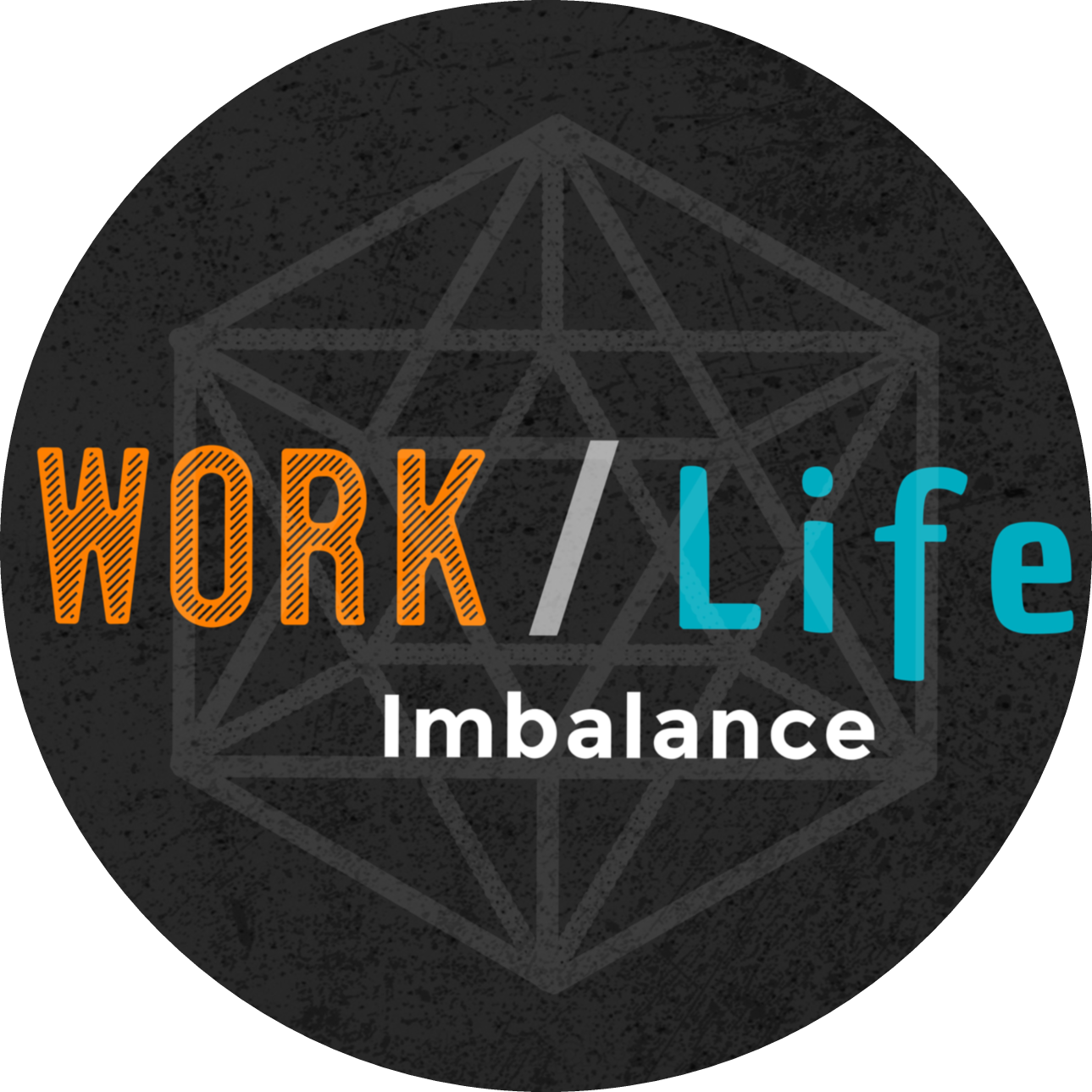Staying Late
/Working long hours can really disrupt a healthy home vs. workplace relationship: It can create a work/life imbalance, you might say. (There, got that out of the way early.)
The software industry as a whole, and the video game industry in particular, have a culture of “Crunch Time”. For video game publishers, teams working on big games can often find themselves pulling 70-80 hour weeks for months or more at a time. In the lower-key areas of the industry, however, it can still be the norm to pull 50-60 hour weeks, especially around dreaded deadlines.
The costs of crunch can be very real, especially on health and emotional well-being, and I honestly don’t think it needs to be this way. (The long hours thing, not the health costs. I’m not a science-man, I’m a salaryman with a podcast. What the fuck do I know?) Most of the short-term crunch is caused by poor planning, and most of the long-term crunch is caused by toxic-ass corporate cultures.
I think the corporate-culture type is especially bullshit because it’s taking money out of your pocket. If you’ve ever moved from a wage-based job to a salary-based job at the same organization, you’ve probably found that the expectations for working long hours suddenly increased when you became salaried. That’s because if you’re wage-based you get paid for every hour you work (and overtime, to boot!) but when you’re salary every hour you’re there above 40 is essentially free labor (free as in beer). Time and time again I’ve seen people get a “raise” by moving to salary, if you do the math on 40 hours against their previous wage, only to watch the increase disappear and their realistic income backslide as they start having to put in 50-60 hours a week.
Luckily, it seems that Crunch Culture is at least drying up a bit in the face of bad press, so it’s not quite the beast it used to be five years ago. Most organizations, though, face situations where a hard deadline puts teams working 50-60 hour weeks for a few weeks, or at least working late into the night a few days here or there.
I’m still not a fan. My job is mostly centered around coaching teams to high levels of performance. My definition of “high performance” is a team that regularly and predictably delivers value. (And for the software industry, I measure “value” in working software.) PREDICTABLY is a big part of that, and crunch is unpredictable. If we’ve got to pull long weeks to get something delivered “on time”, there’s no guarantee we can do that again. The cowboy that volunteered for the longest hours might leave, people might get tired of riding to the rescue, or the nick-of-time hail-Mary-pass code trick might not save the project at the last second, again.
I’d much rather have a group of people that I can look at and know that the timelines they produce are going to be comfortably reached every time. It may be a bit of a The Turtle and the Hare thing, where another team could possibly get the same work out in a shorter period of time, but in the long run people who aren’t wrung out, stressed, and running to beat the devil are going to keep at it longer than people working in a panic.
Now if I can just convince the VP that coming in at 10 and leaving at 4 leads to improved long-term outcomes …
Tell us about your experiences staying late on Twitter at @WLImbalance or use #WLICast.
Catch the podcast every Friday on iTunes, Spotify, Google Play, or Stitcher
